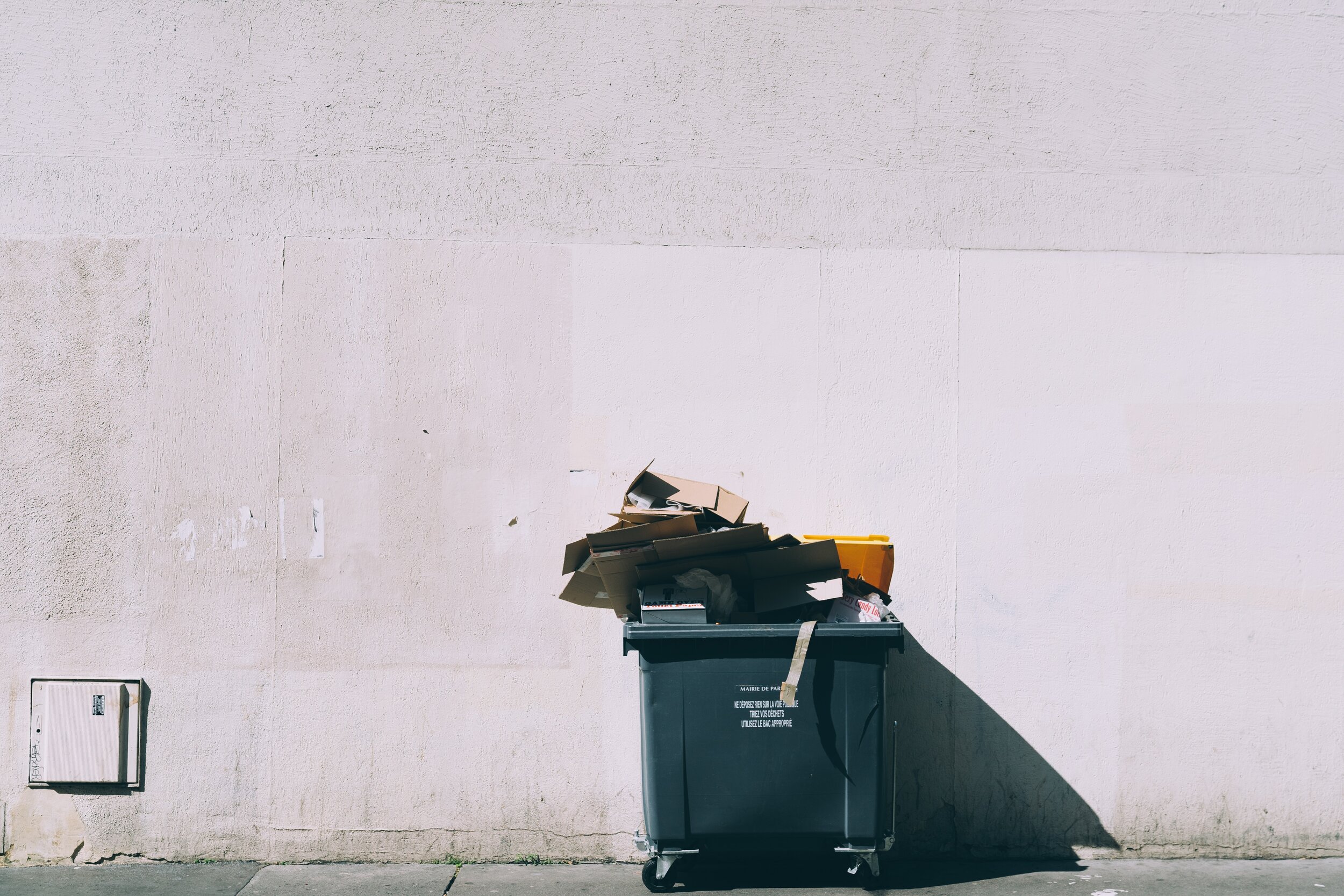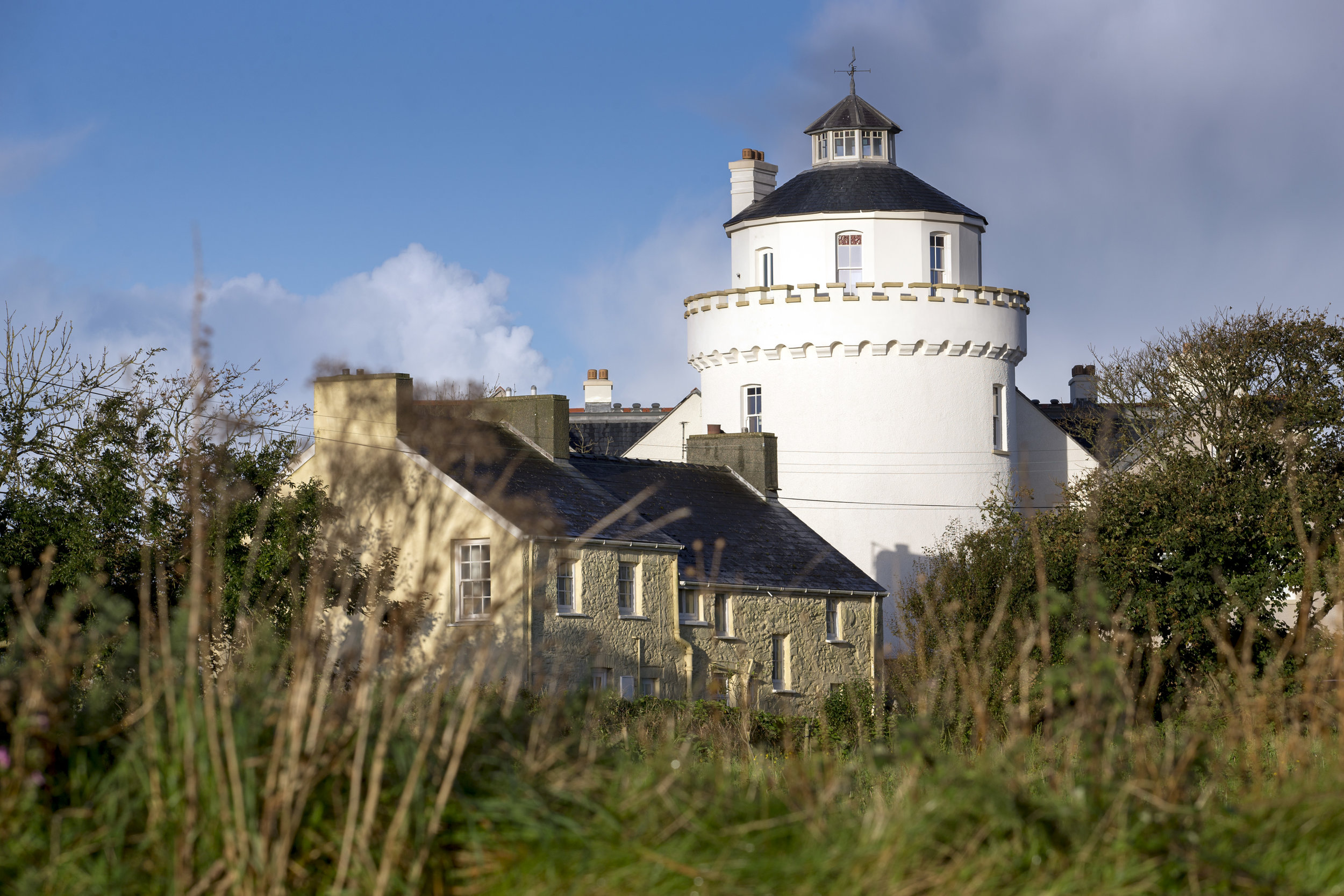The cooperation of WWF and Green View, as well as well-known hotel groups - Accor, Hilton, Hyatt, IHG Hotels & Resorts and Marriott International- has created an industry-wide waste measurement methodology.
Though efforts have been made to reduce waste in the hotel sector by donating items of value or by implementing inputting initiatives, there has still been a large gap in the market to measure hotel chain waste as there has been no standard measurement methodology. Recently, a new first-of-its-kind method to aid hotels to resolve this difficulty has been revealed by the World Wildlife Fund (WWF) and Greenview, a global sustainability consulting group to help hotels solve this problem.
The Hotel Waste Measurement Methodology has been proposed to deliver a shared approach to collecting, measuring, and reporting waste data within the hotel industry. It is developing a consistent technique for hotels and properties of different sizes to create significant targets that are tracked over time to reduce waste and landfill use. Working on robust current waste tracking strategies and implementing goals standardises numerous data collection methods and addresses any data gaps and challenges.
According to WWF, a priority is addressing the challenges of managing food waste in the various hotel operations and creating change in the noteworthy prospect of improving organisation productivity and beginning development of their social and environmental goals.
It is agreed that to reach the United Nations Sustainable Development Goals (SDGs), the hotel industry is a significant partner to accomplish goals. These include 12.3, which intends to decrease food waste by 50% by 2030 and 12.5, which demands substantial reductions in waste generation throughout prevention, reduction, recycling, and reuse. Numerous relevant stakeholders have assessed this methodology to ensure it tackles the specific difficulties different size hotels face.
Madhu Rajesh, CEO, Sustainable Hospitality Alliance, states that “By coming together as an industry, and sharing expertise, we can develop resources that are designed for the industry context and support every hotel to manage and improve their impact – wherever they are on their sustainability journey”.
Here you can download the full methodology: https://sustainablehospitalityalliance.org/resource/hwmm/












